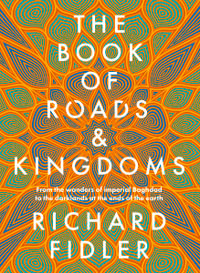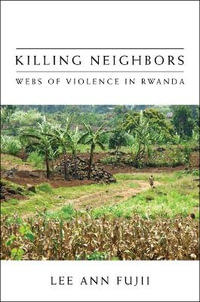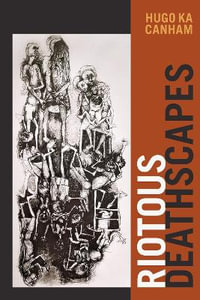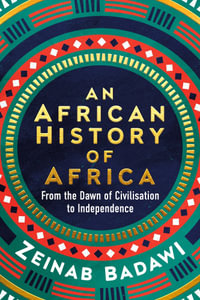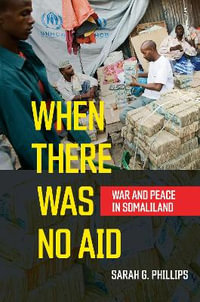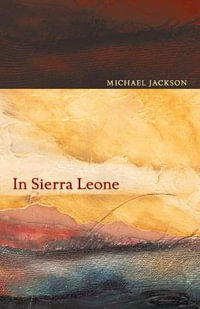On 27th May 1977, a small demonstration against the MPLA, the ruling party of Angola - led to the slaughter of thousands, if not tens of thousands, of people. These dreadful reprisals are little talked of in Angola today - and virtually unknown outside the country. In this book, journalist Lara Pawson tracks down the story of what really happened in the aftermath of that fateful day. In a series of vivid encounters, she talks to eyewitnesses, victims and even perpetrators of the violent and confusing events of the 27th May and the following weeks and months. From London to Lisbon to Luanda, she meets those who continue to live in the shadow of the appalling events of 40 years ago and who - in most cases - have been too afraid to speak about them before. As well as shedding light on the events of 1977, this book contributes to a deeper understanding of modern Angola - its people and its politics; past, present and future.
Industry Reviews
'...compelling...[her] conversational tone, her musings, and lively descriptions, make In the Name of the People as engaging as it is informative.' - Lucy Popescu, TLS; '...beautifully written, shaped by astounding imagery that keeps the reader anchored to the sights, sounds, smells and feelings Pawson encountered as she traversed the often gruesome realities of lives affected by the vinte e sete and in years that followed...the true value of Pawson's exceptional book resides in her illumination of the often ignored psychologies of post-colonial Africa...Pawson should be celebrated for embracing the complexity that is the nature of post-colonial African politics, for her willingness to discuss the ugly side of the liberation struggle in Angola, for creating a platform for those who grieve over this event to be heard. It is in the telling of these uncomfortable truths, that we can avoid the repetitions of past mistakes in the future.' - Rochelle Burgess, Africa at LSE blog; 'a variety of fascinating characters...she [Lara] succeeds in creating some kind of a true record of what happened on that terrible day and its long term effect. She also nicely evokes the ambience of Luanda.' - Nigel Watt, The Chartist; '...a towering success... brims with life, with a curiosity that is both moral and unwavering... Pawson has written an African non-fiction classic, which is the toughest kind. The book serves not as an answer, but the Answer: if we hope to understand our present circumstances, then we must go in search of the past, and what we fail to find must somehow be worked into our stories regardless... a story of an investigation into a plot that ends up revealing the soul of a people.' - Richard Poplak, Daily Maverick (South Africa); 'The recounting of encounters... are where Pawson's innovative methodology - mixing academic rigor, investigative journalism, and the prose of a non-omniscient detective-novel narrator - is most powerful. The unrelenting lack of repentance of certain MPLA-sympathizing writers who were either taken for a ride or complicit with Angola's self-serving elites is juxtaposed with Pawson's increasing willingness to question the pillars of what she had held to be self-evident truths about Angola.' - The L.A. Review of Books;'Pawson's writing style, with its vivid imagery, is captivating... Pawson supplies an illuminating account of Angola's contemporary history and politics. The book is digestible, entertaining and informative for those new to the topic and region as well as being in-depth enough to cater to those with more expertise in the region.' - Megan Smith, LSE Review of Books; '...a timely new perspective...it is testimony to Pawson's investigative eye, and also to her courage, that she has written a book about one of the biggest taboos in Angolan history...her candid conversations with survivors, widows and Angolan establishment figures draw the reader into an adventure-like study of post-colonial life in the country...a highly engaging read...' - Joana Ramiro, The New Humanist; '...drafted with poetic skill...a fascinating examination of how societies which try to lock away their traumas remain haunted by ghosts rattling their chains.' - Michela Wrong, The Spectator (chosen as a Book of the Year);




